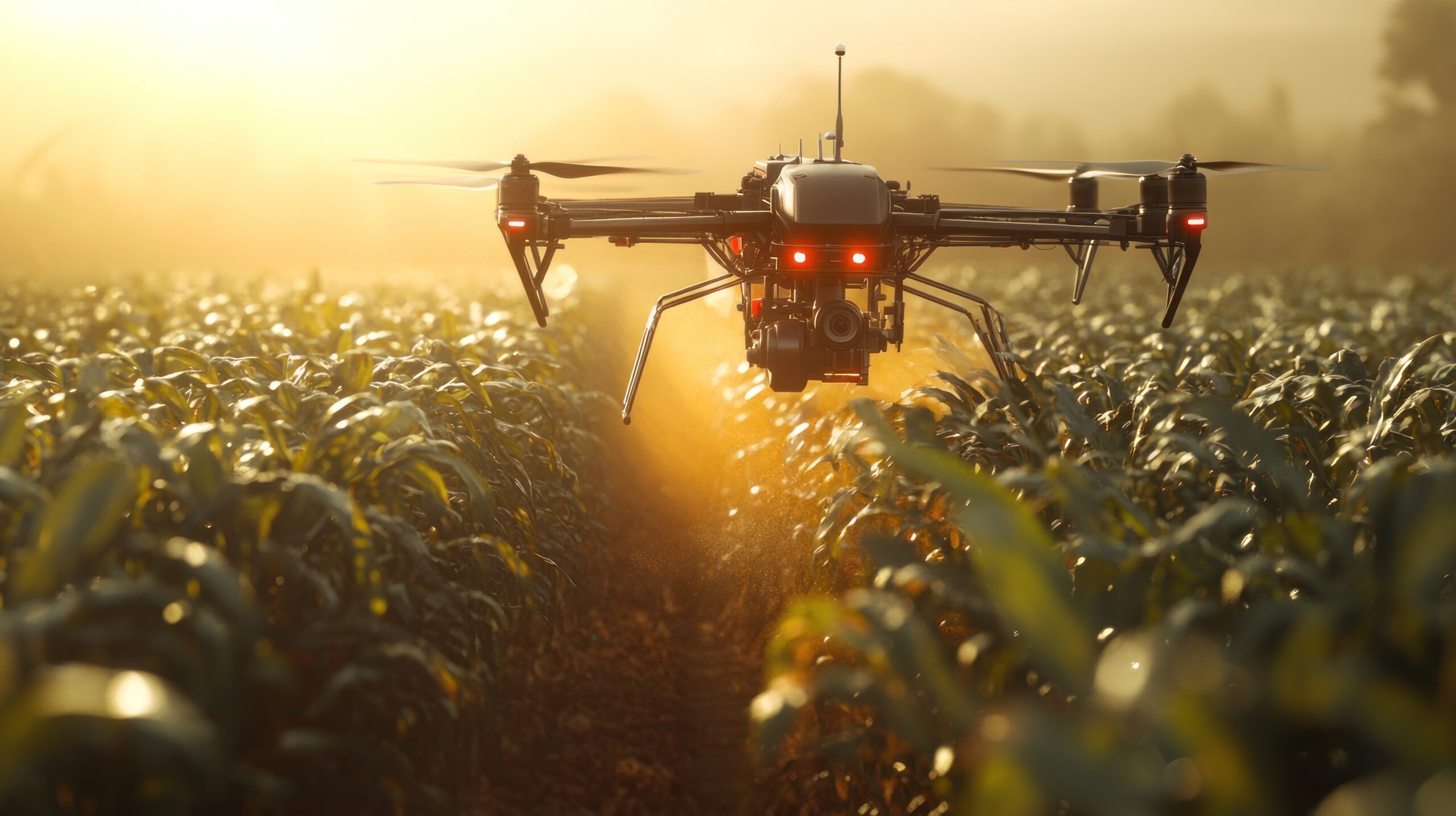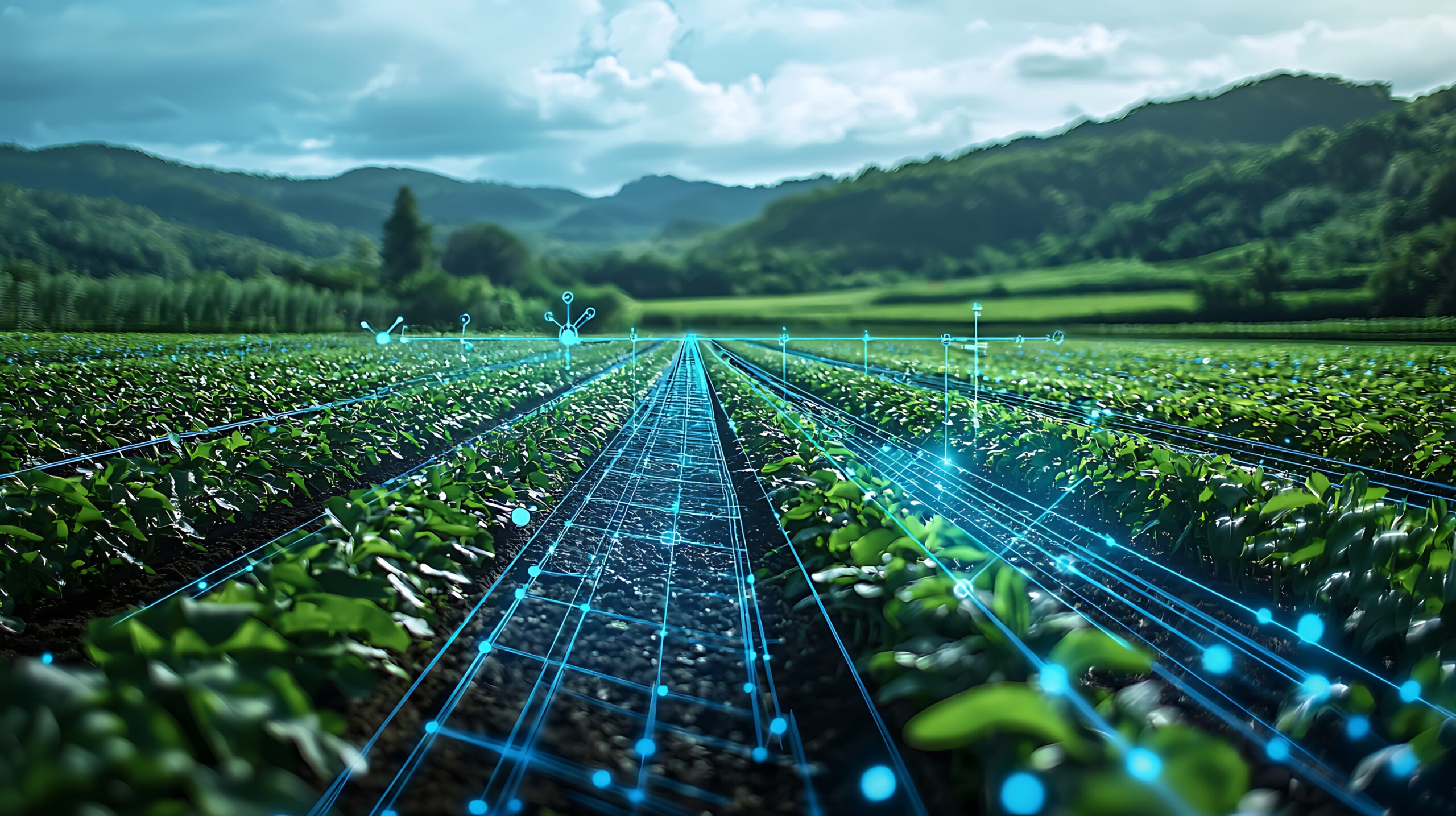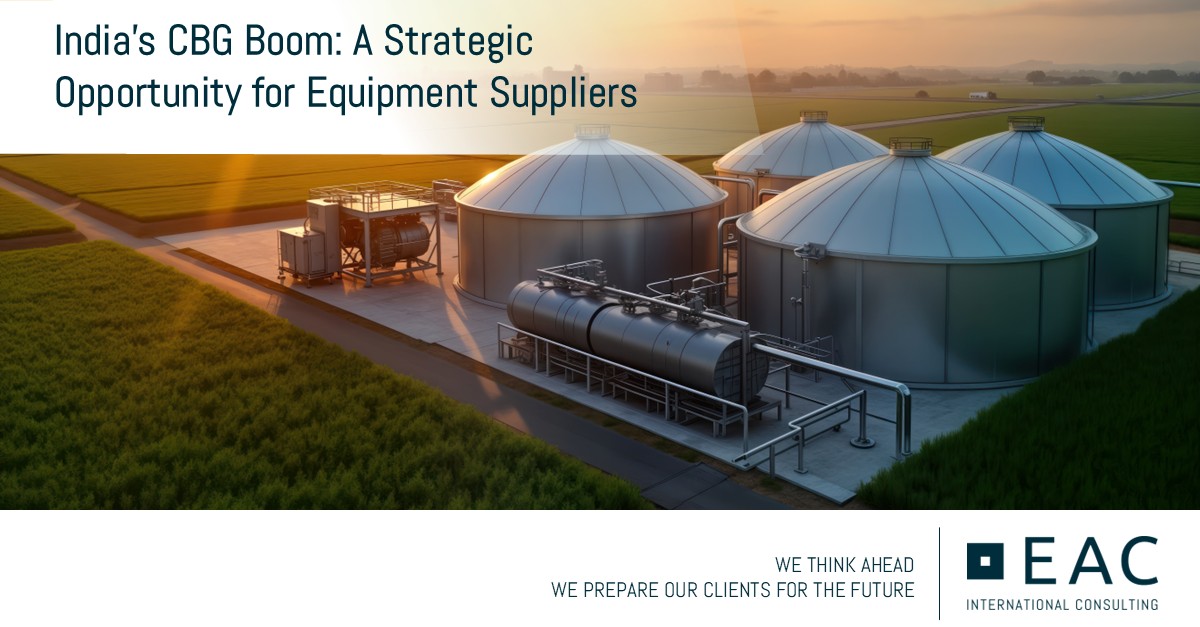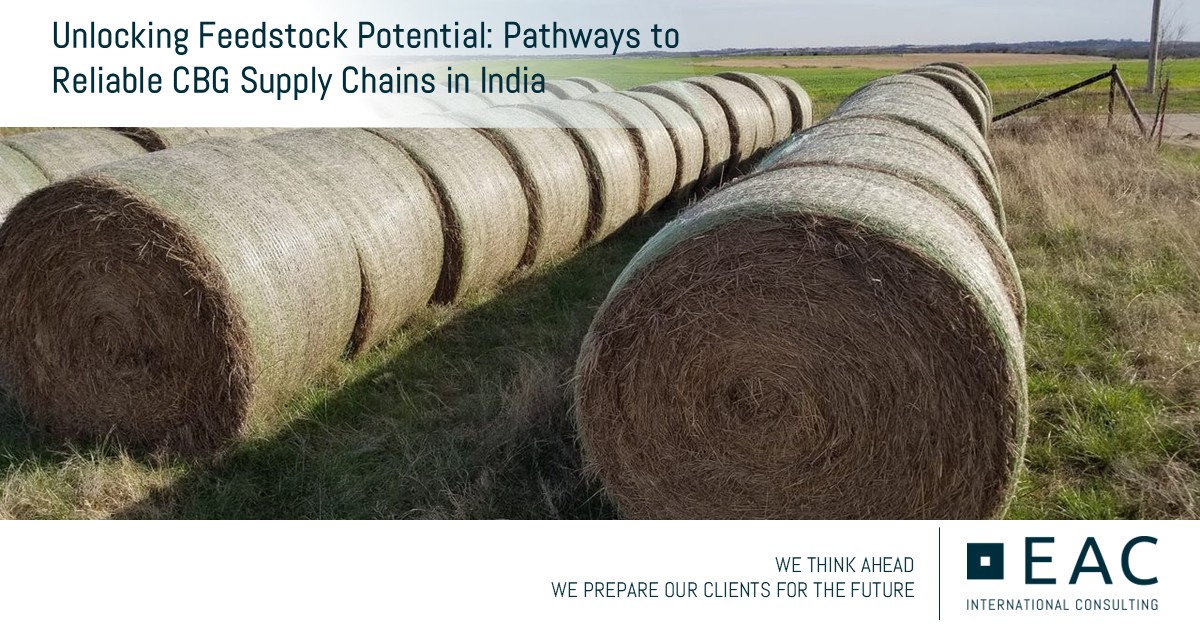Precision Farming in India: A Technological Revolution in Agriculture

Precision farming in India is currently in its nascent stages, with adoption primarily concentrated among larger agricultural enterprises and progressive farmers. Recent studies indicate that approximately 5-7% of large landholdings have started implementing precision farming techniques, representing a promising growth trajectory. The agricultural technology sector anticipates significant expansion in the next 3-5 years, driven by technological advancements and increasing awareness of resource-efficient farming practices.
Growth drivers
Increasing Population and Food Demand: With India's rapidly expanding population projected to reach 1.5 billion by 2030, the country faces an unprecedented challenge in food production. Precision farming emerges as a critical, sustainable solution to dramatically enhance agricultural productivity, ensuring food security through data-driven and technologically advanced farming approaches.
Water Scarcity in Agriculture: In critical agricultural regions, water scarcity remains a formidable challenge. Precision farming technologies—including real-time soil moisture sensors, advanced irrigation systems, and predictive water management tools—offer targeted solutions to optimize water usage. These innovations enable farmers to conserve water resources while maintaining and potentially increasing crop yields.
Climate Change Resilience: Climate change presents significant and complex risks to agricultural productivity. Precision farming equips farmers with sophisticated, data-driven insights into evolving weather patterns, soil health dynamics, and potential pest infestations. By providing granular, actionable intelligence, these technologies enable proactive adaptation strategies that can mitigate the adverse impacts of changing climatic conditions.
Government Support and Collaboration: The Indian government is proactively driving precision farming adoption through strategic initiatives. Key efforts include establishing "Precision Farming Development Centers" (PFDCs) nationwide and launching the "Smart Precision Horticulture Programme". Moreover, the government is pursuing international collaborations with technology-leading agricultural nations like the Netherlands and Israel, facilitating knowledge transfer through proposed Centers of Excellence (CoEs) to accelerate technological innovation in agriculture.

Technologies Adopted in Precision Farming in India
Remote Sensing and GIS: Advanced satellite imagery and Geographic Information Systems (GIS) provide comprehensive insights into crop health, soil variability, and detailed field mapping. These technologies enable farmers to analyze agricultural landscapes with unprecedented precision and depth.
GPS Technology: GPS-enabled machinery facilitates precise navigation and targeted input application. This technology significantly reduces resource overlap, ensures efficient resource utilization, and enhances overall farming productivity through accurate field operations.
Sensor-Based Technologies: Cutting-edge sensors enable real-time monitoring of critical agricultural parameters, including soil moisture, temperature, and nutrient levels, empowering farmers to make data-driven decisions on irrigation and fertilization, resulting in optimized resource utilization, increased crop yields, and minimized environmental impact.
Drones: Agricultural drones have emerged as versatile tools for comprehensive crop management. They are strategically employed for crop monitoring, precision pesticide spraying, and efficient seed dispersal, simultaneously enhancing operational efficiency and substantially reducing labor costs.
Business Opportunities
Technology Providers: Companies developing and supplying precision farming technologies—including advanced sensors, sophisticated drones, and integrated software solutions—are positioned to capitalize on the rapidly expanding market demand.
Data Analytics Firms: Specialized data analytics firms can offer invaluable services to farmers, transforming complex agricultural data into actionable insights and facilitating informed decision-making processes.
Agritech Startups: Innovative startups focusing on groundbreaking solutions like AI-powered crop monitoring and automated irrigation systems have significant potential to disrupt and revolutionize the traditional agricultural landscape.
Input supply companies can strategically employ precision farming technologies to develop targeted solutions, simultaneously reducing costs and minimizing environmental footprint
Precision farming represents a transformative approach to Indian agriculture. By integrating advanced technologies and data-driven insights, farmers can optimize agricultural practices and substantially improve crop yields. As this sector continues to evolve, it presents promising business opportunities for companies committed to creating a sustainable agricultural future for India.
EAC International Consulting has consistently supported multiple European Agricultural Machinery manufacturers in evaluating opportunities within the Indian Agri Machinery market. To explore how EAC can help your business succeed in this dynamic sector, please connect with our team of experts: Ketan Jadhav, Partner, and Mansi Patil, Senior Consultant. We look forward to engaging with you.
Latest
INDIA’S SOLAR MANUFACTURING PIVOT: WHY GLOBAL PLAYERS MUST ACT NOW

India’s CBG Boom: A Strategic Opportunity for Equipment Suppliers

India’s High-Performance Coatings Market as a Growth and Manufacturing Platform for Specialty Chemical Companies

Unlocking Feedstock Potential: Pathways to Reliable CBG Supply Chains in India


